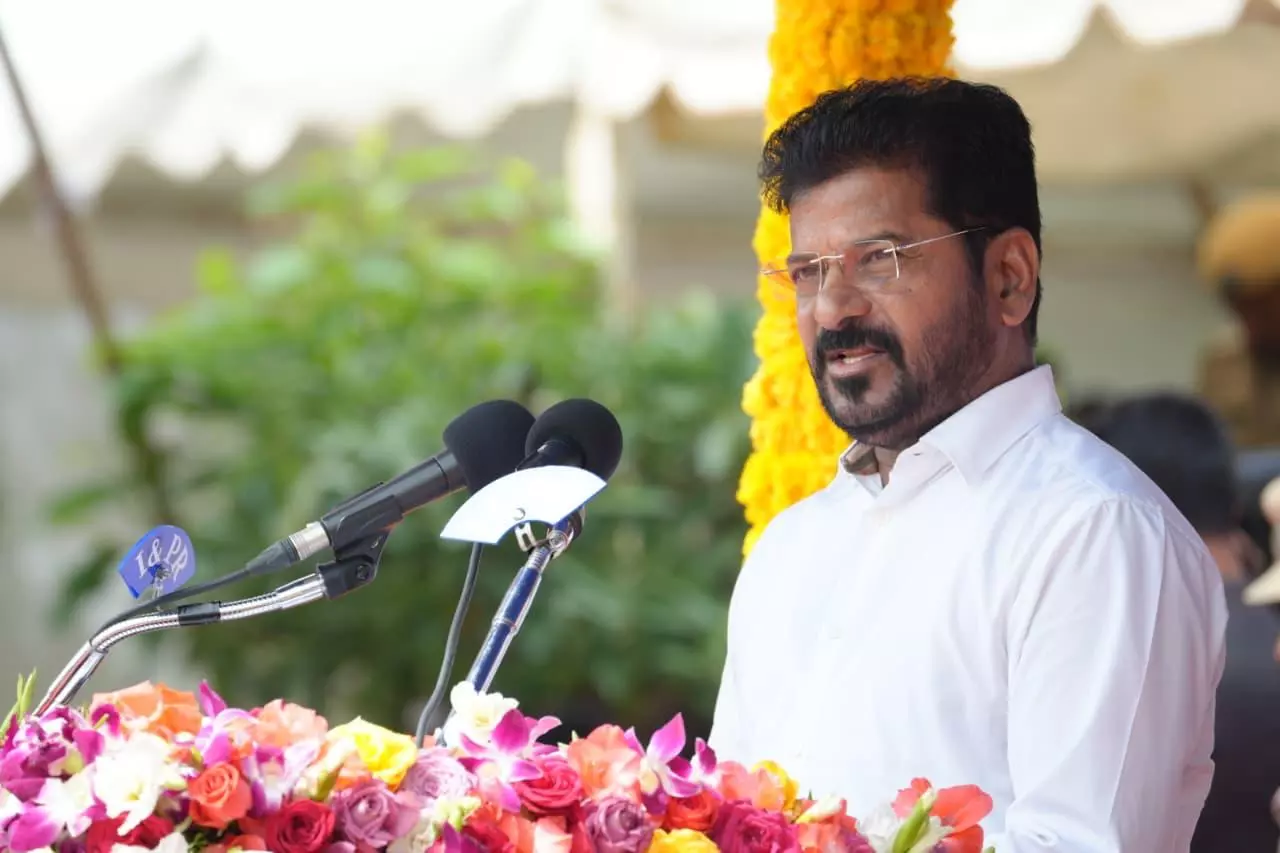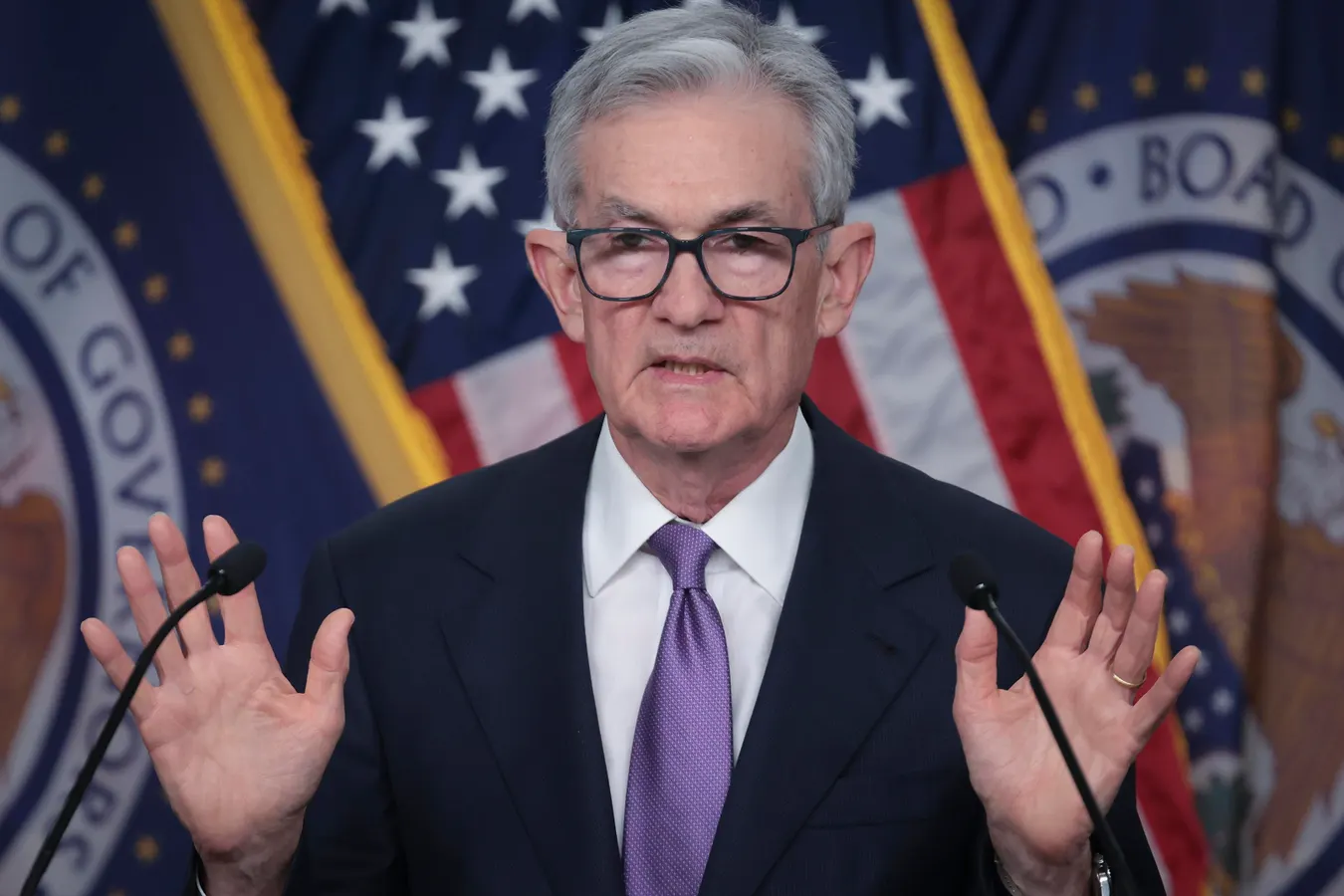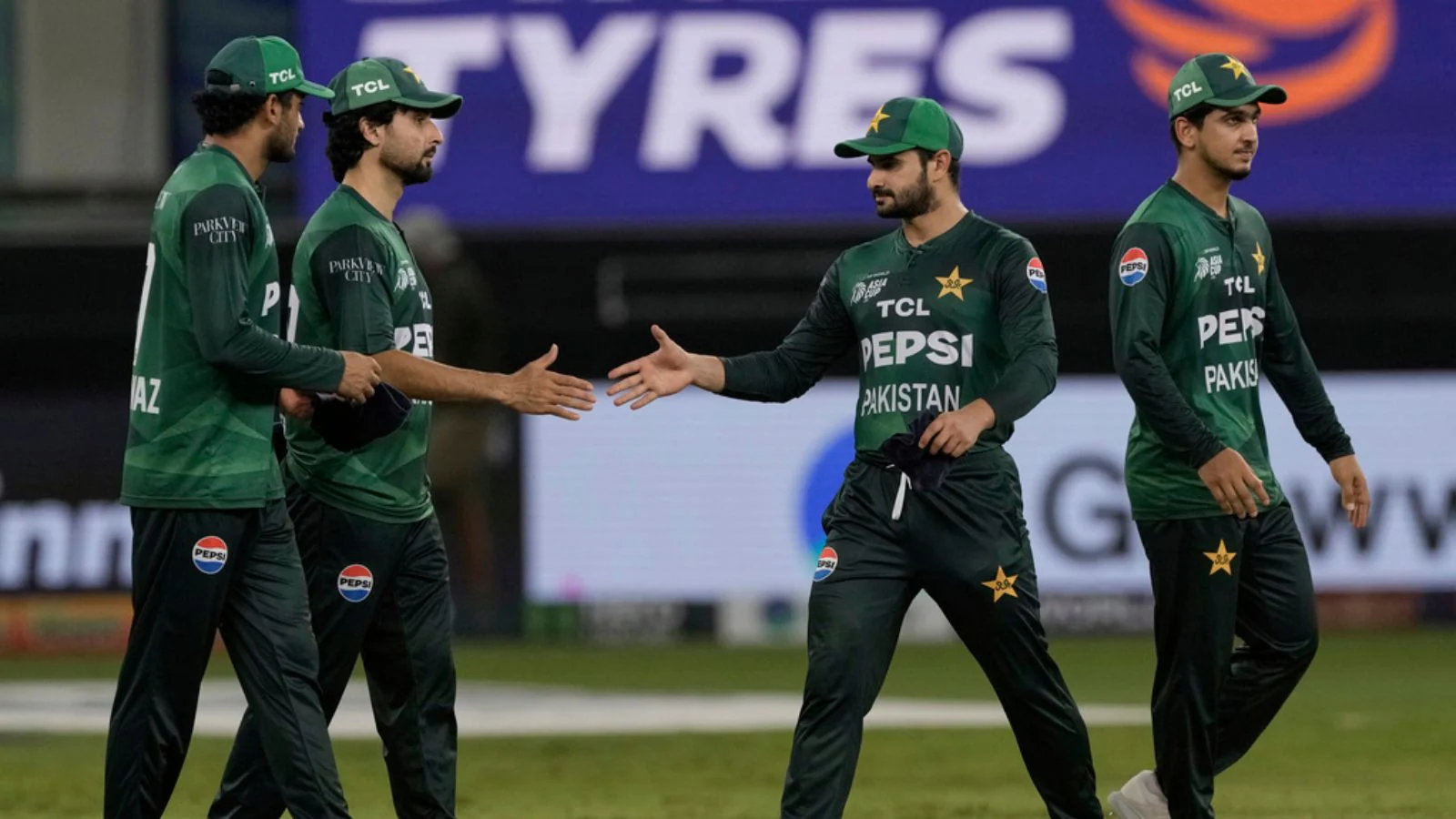By L. Venkat Ram Reddy
Copyright deccanchronicle

Hyderabad: Chief Minister A. Revanth Reddy on Tuesday said the Musi rejuvenation project would mark the beginning of a new phase for Hyderabad by creating a vibrant night economy and positioning the city on the global stage.Participating in Telangana Praja Palana Dinotsavam at Public Gardens, held to celebrate Hyderabad State’s merger with the Indian Union on September 17, 1948, the Chief Minister said his government’s vision was to transform Hyderabad into one of the most beautiful and pollution-free cities in the world. Stating that commercial activity in the city currently runs between 7 am and 10 pm, Revanth Reddy stressed that the Musi Riverfront would enable round-the-clock economic activity. This, he said, would drive growth in Telangana’s economy, create employment for youth, and encourage investment in the recreation, hospitality, and tourism sectors. “The Musi will not just be a riverfront; it will become the epicentre of Hyderabad’s economic transformation,” he said. The Chief Minister announced that the Musi rejuvenation project would be closely linked to other major initiatives, including Bharat Future City, the Regional Ring Road, Ring Rail, the bullet train corridor, Metro Rail expansion, and new radial roads. Together, these projects would redefine Hyderabad’s infrastructure and global competitiveness. Calling on villagers in the notified area of Bharat Future City to cooperate, Revanth Reddy dismissed farmers’ protests against land acquisition as politically motivated. He said awareness campaigns would be launched to involve farmers, civic groups, and local representatives in development efforts. He also hinted that compensation packages had already been extended and asserted that works on the new city project would begin soon. As part of his futuristic plans, the Chief Minister said foundation stones would shortly be laid for the “Gateway of Hyderabad” on the Outer Ring Road, the Gandhi Sarovar, and Musi Riverfront projects. He described the Gateway as a monumental arch symbolising Hyderabad’s transformation into a world city. On the recent Musi tragedy, in which three youngsters were swept away in floods, he blamed previous governments for allowing the poor to live on the riverbanks. He promised rehabilitation for the affected families and assured that the riverfront would be developed into a cultural and economic hub with places of worship and statues of Telangana icons. Revanth Reddy outlined a long-term vision titled Telangana Rising 2047, aligning with India’s centenary of Independence. Under this roadmap, Telangana aims to become a $1 trillion economy by 2035 and a $3 trillion economy by 2047. Hyderabad, he said, would serve as the “Gateway of India” to the world. Key proposals include Phase-II Metro expansion of 76.4 km with an investment of Rs 24,000 crore, greenfield highways, radial roads between ORR and RRR, new airports at Warangal and Adilabad, and industrial corridors linking Hyderabad to Nagpur, Bengaluru, and Vijayawada. He said Telangana was already attracting massive global investments, with Hyderabad emerging as a hub for Global Capability Centres. To secure water needs for the next century, the government had launched the Godavari Phase-II and Phase-III projects costing ₹7,360 crore. The Chief Minister urged people to bless and support his government’s vision, reminding them of the spirit of sacrifice during the Telangana armed struggle. “Our journey began with the dream of self-respect, and by 2047, Telangana must stand as a global leader,” he said.



